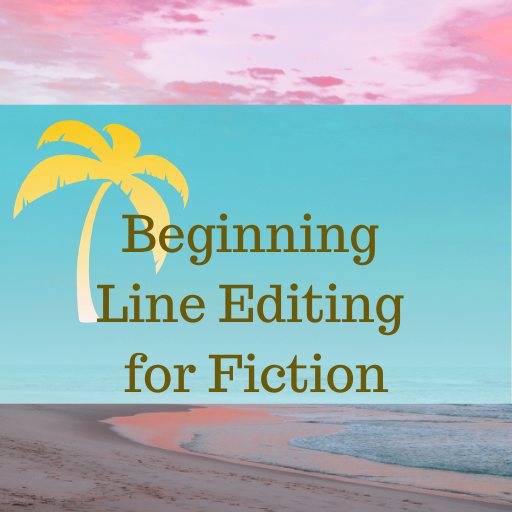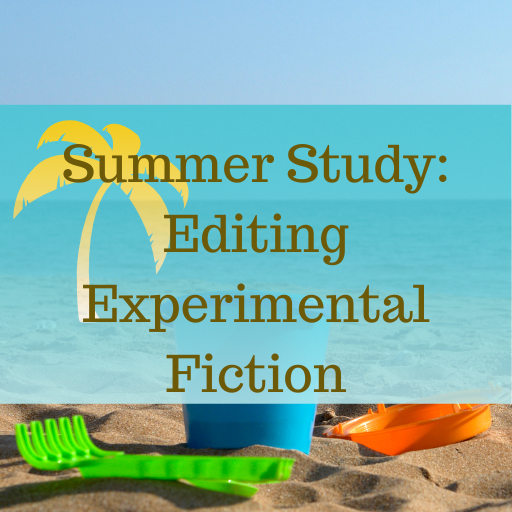What makes a good editor?
Writers often assume that being an editor can’t be all that different from being a writer. But writing and editing are two very different skills. What makes a good editor is not the same as what makes a good writer.
Being a writer has certainly helped me understand what the writing and revision process is like (at least for me) and how it feels to get an edit back from an editor and to know you have a lot of work ahead of you when what you really wanted to hear was, “Your manuscript is perfect! I wouldn’t change a word.”
What Makes a Good Editor Is Training
Being an editor has made me a better writer and being a writer has made me a better editor. But that’s not automatic. It isn’t just because I’m a writer that I’m an editor. Being an editor of other people’s work requires a very different skillset from being an editor of your own writing.
Editing other people’s work requires an understanding of editing methodologies. You need to be able to diagnose problems in someone else’s manuscript and to understand what causes these problems.
You need to be objective enough to figure out how the author can solve the problem using their skills and based on the manuscript as it currently exists, not how you would solve it if you were writing the work.
A Good Editor Will Know the Difference Between a Problem and a Peeve
You also have to be able to set aside your competitive urges and the desire to compare your work to the author’s.
You have to understand the difference between a defensible edit and a pet peeve. And you need to know how to deliver feedback in a diplomatic and neutral way that doesn’t crush the author but also gives them a clear and realistic opinion of what needs to be done in the revision.
It requires understanding that every manuscript teaches you how to edit it. It’s not a matter of slapping some formula on a story (“Where is your all-is-lost moment?”) and thinking that constitutes editing.
Good editors can do this whether they are also writers or not. Good editors get these skills through education, training, experience, and feedback: that is, they need an experienced editor-mentor who can help them see their own editorial strengths and weaknesses. What makes a good editor is the willingness to learn and grow.
I received this training through graduate study, professional development, training and experience from working for publishers, from running a publishing imprint where I worked with hundreds of authors, and from being a literary agent who had to figure out how best to position manuscripts to get a good deal.
Not every editor has or needs this exact background, but good freelance editors will certainly need more than “I’ve published ten novels of my own.”
Other Helpful Content
-
How to Create Defensible Edits
As a developmental editor, you need to know how to create defensible edits of a manuscript to help authors put out their best work. Tips for How to Create Defensible Edits When you’re doing a developmental edit—looking at the big-picture overview of a novel—you’ll generally be expected to provide two main services: The editing on…
-
When Is a Book Ready for Editing?
Both authors and editors have the same question at some point in the book writing / publishing process: When is a book ready for editing? So When IS a Book Ready for Editing? The creative process is not timely and linear, which is why, as an editor, I don’t book edits before an author’s manuscript…
-
Effective Client Communication for Book Editors
Managing client expectations is necessary for a successful business so here are my tips for effective client communication for book editors. My Top Tip for Effective Client Communication for Book Editors One way to avoid an unhappy client is to communicate all relevant information from the very beginning of your relationship with them. Clearly stated…
Join the Club!
New to story editing? Begin at the beginning.



